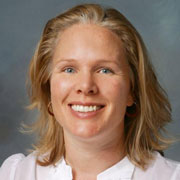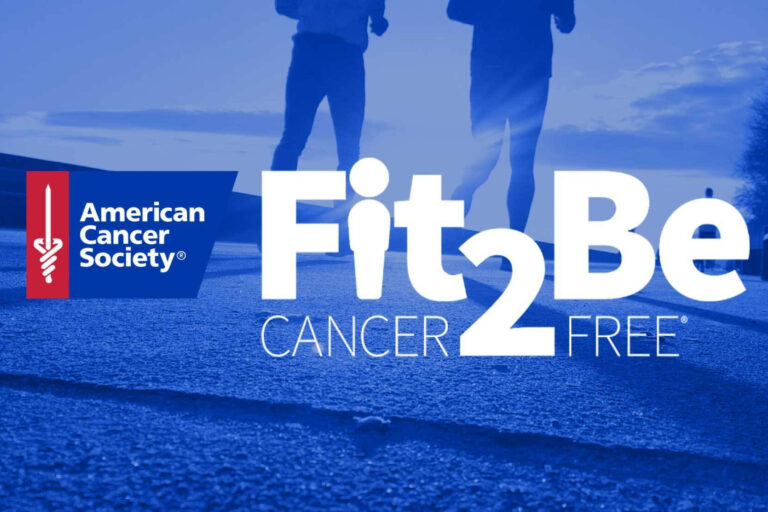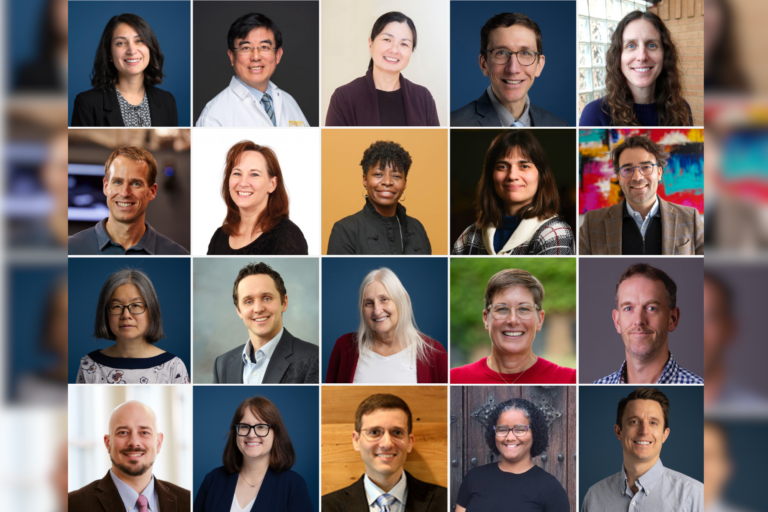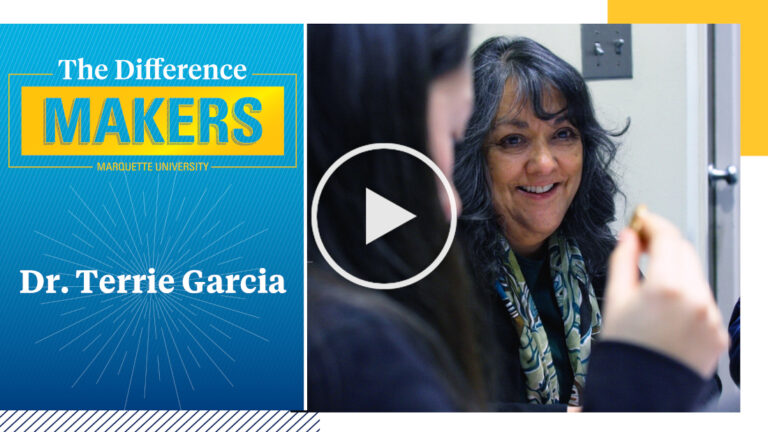In 2021, the Fulbright Program celebrates 75 years of positive impact on the lives of individuals as well as on global and local communities.
The Fulbright U.S. Scholar Program offers more than 400 teaching, research or combination teaching and research awards in over 135 countries. Opportunities are available for college and university faculty and administrators as well as for professionals, artists, journalists, scientists, lawyers, independent scholars and many others. Fulbright has been an exceptional opportunity to enrich education, advance careers, and make meaningful contributions to society through their international fellowships.
In the last weeks before this year’s Sept. 15 application deadline, we will share some of Marquette’s long, rich history with Fulbright by highlighting some stories of our own Fulbrighters.
If interested in applying for a prestigious Fulbright Fellowship in 2022-23, you can visit the Fulbright website or contact Averia Flasch, Marquette’s liaison for Fulbright Scholars.
This week’s highlight is Dr. Marie Hoeger Bement, professor of physical therapy in the College of Health Sciences.
Hoeger Bement held a research and teaching fellowship at the Center for Neuroplasticity and Pain at the Aalborg University in Denmark (2017-18). Here is a glimpse into her Fulbright experience:

It’s nice to be wanted.
Hoeger Bement’s entrée into her Fulbright Scholar Award was a bit unusual. Already known internationally for her work in pain management, Denmark’s Center for Neuroplasticity and Pain at Aalborg University encouraged her to apply since she could play a vital role in some ongoing research.
Bement’s project was to identify temporal aspects of pain modulation during a prolonged noxious stimulus—in this case, the “noxious stimulus” being an 8% capsaicin patch on the right forearm for 24 hours. Capsaicin is what gives chili peppers their fiery kick.
For Hoeger Bement, Denmark was a perfect fit given her “interest in non-pharmaceutical pain management, I’ve always been interested in physical activity. And Denmark is incredibly active.”
Despite the country’s notorious soggy climes, Denmark is well known for its bicycling culture and Hoeger Bement pedaled her way right into it.
“Being in Denmark just expanded my view about incorporating activity into daily living,” she said. “They never let weather get in the way. ‘There is no such thing as bad weather, just bad clothing.’”
From a professional standpoint, the award elevated her research, expanded her international collaborations, and helped promote her research lab. Hoeger Bement notes that, by extension, all Marquette-based Fulbrights help raise the university’s national and international profile when it comes to research, teaching and recruitment.
“When I’m at a conference and mention that I had a Fulbright, eyes always light up,” she said. “They want to hear more about my work and Marquette.”
Given the difficulties in accepting a Fulbright—addressing family obligations, learning the intricacies of a new country — would she like to do another one? Scribbled prominently atop her office whiteboard is the aspiration, “Fulbright Specialist” (a more flexible type of award). The writing is clearly on the wall.
This story, and others, can be found on the Office of Research and Sponsored Programs Fulbright website along with additional information about applying for the fellowship.


